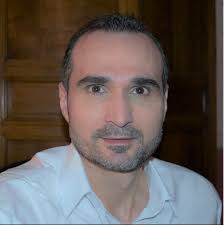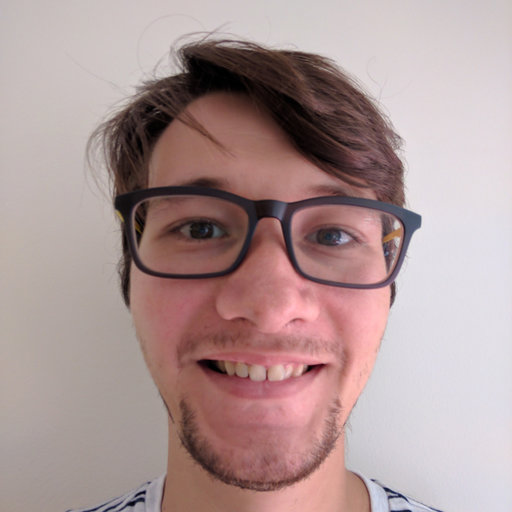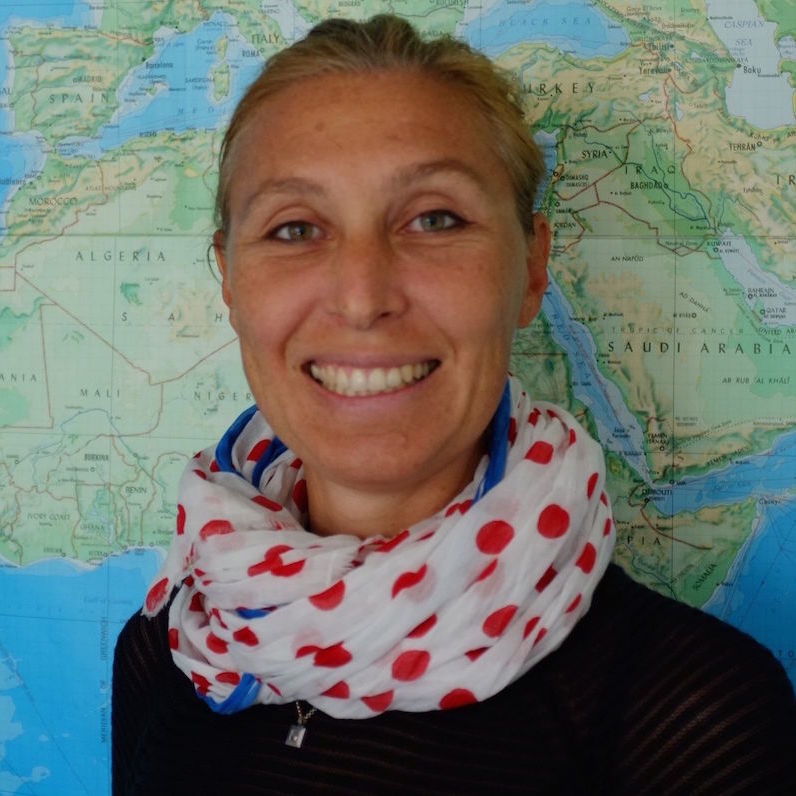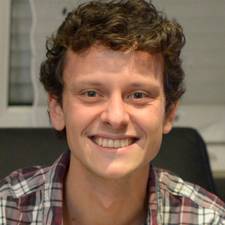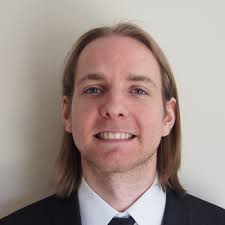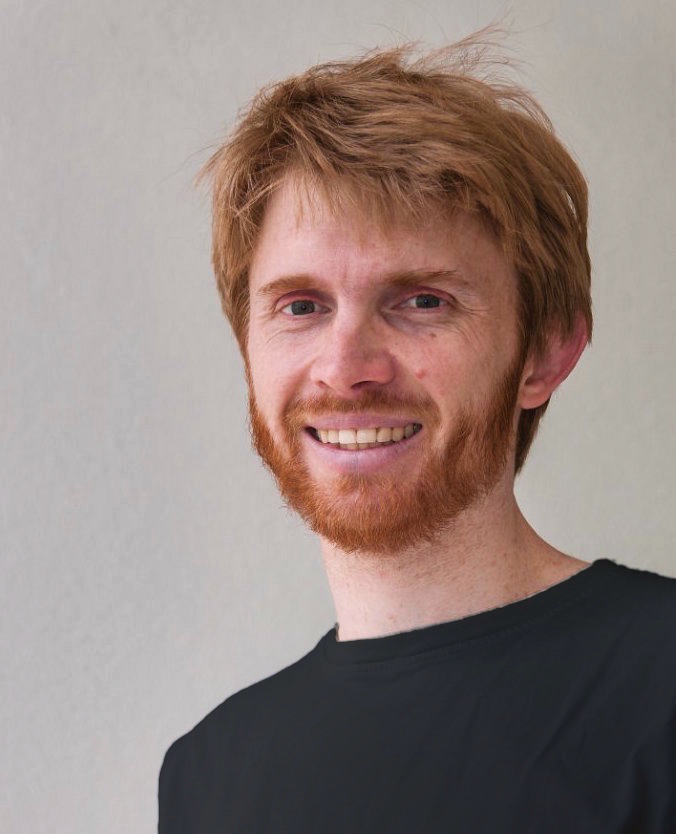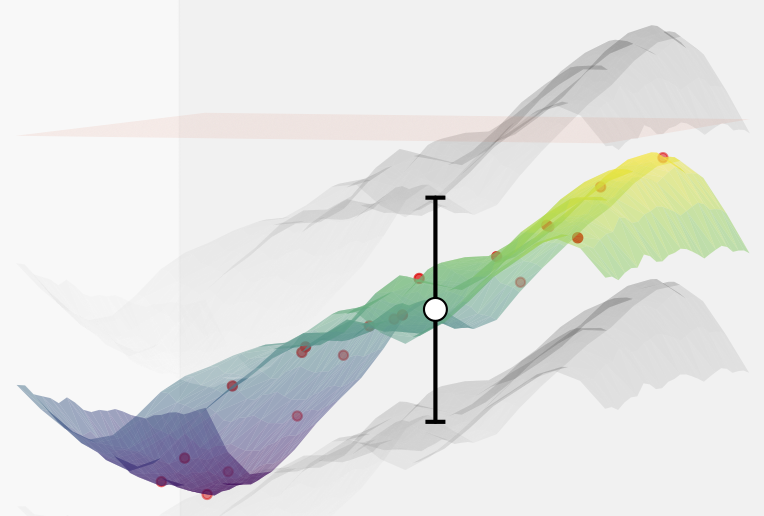About This Course
Context
Numerical simulations have reached a great maturity that allows to accurately predict physics. However, uncertainties in the model inputs limit the capacities of deterministic simulations. Stochastic approaches allow to overcome this limit. Uncertainty Quantification (UQ) provides tools for propagating uncertainties through numerical simulators from inputs to output, quantifying the induced simulator output variability, screening the non-significant inputs, ranking the significant ones or even estimating an exceedance probability.
Scientific content
This online training course presents the fundamental concepts of uncertainty quantification. It is divided in 3 consecutive weeks:
- week 1: introduction to uncertainty quantification
- week 2: uncertainty propagation and sensitivity analysis
- week 3: formulation, validation and application of surrogate model
An interactive live conference will close the 3-week session, focussing on an Uncertainty Quantification analysis for an applicative test case in Computational Fluid Dynamics. The time slot for this conference will be decided regarding the attendees' availability in April.
Learning outcomes
At the end of this training, you will be able to:
- give a grounded opinion about various tools of UQ: sensitivty analysis, design of experiments, surrogate model,
- set up a UQ analysis on a simple problem: choose an appropriate set of tools for your case study,
- make the most of a UQ study (modelling the input uncertainties, sampling the uncertain input domain, quantifying the output uncertainty, analysing the output sensitivity with respect to the inputs...)
Our pedagogical principles
All our learning sessions are built upon evidence-based principles from cognitive psychology and learning research:
- concepts first: the course is focused on conceptual understanding of the meaning of equations and how they apply in practical cases (Van Heuvelen, 1991).
- active learning: the course is organized around activities especially designed to make participants interact between each other, involving a deep processing of the scientific content previously shown in short videos (Salmon, 2013).
- long-term retention and transfer: because you need to apply what you will learn during this session in the future and in various contexts, our courses are designed using the 10 laboratory-tested principles drawn from cognitive psychology (Halpern and Hakel, 2003).
Be prepared to be engaged and to interact with a community sharing a common goal: learning the scientific content of this course.
Prices
It costs 300 € for students, 350 € for CERFACS shareholders and 500 € for all others, including taxes. Once you have enrolled in the course, you will receive a link with information on how to pay. Credit cards are accepted via a Paypal transaction.
Course Staff
This course is designed by a group composed of expert researchers from the field supervised by an expert researcher in active online learning.
Dr. Matthias De Lozzo
Matthias De Lozzo is a researcher in data science. He received a Ph.D in applied statistics on the thermal numerical modelling of an aeronautic component from Université de Toulouse (France) in 2013. After a two-year postdoc at CEA Cadarache (France) on risk management for nuclear plants, he is now working on uncertainty quantification for geosciences at CERFACS.
Dr. Jean-Christophe Jouhaud
J-C Jouhaud is a researcher at Cerfacs which has obtained the Hability to Conduct Research in 2008. His field of expertise is LES simulations, Aerothermics Coupling, Aeroacoustics and Surrogate Models (Kriging and POD).
Dr. Paul Mycek
Paul Mycek received a Ph.D. in computational fluid dynamics on the numerical modelling of tidal turbines from Université du Havre (France) in 2013. After a three-year postdoc at Duke University (Durham, NC, USA), he is now working on uncertainty quantification and high performance computing as a postdoctoral researcher at CERFACS.
Dr. Sophie Ricci
Sophie Ricci is a researcher at CERFACS in the CECI group (Climate Environment Coupling Incertitudes) at CERFACS. Her field of expertise is data assimilation and uncertainty quantification for geosciences, with a focus on hydrology and natural hazards.
Eng. Pamphile Roy
After a master degree in Aeronautics and Aerospace at IPSA, Pamphile Roy went to ISAE-SUPAERO to conduce an advance master in Aeronautics and Aerospace propulsion. Now he performs a PhD thesis on Uncertainty Quantification applied to blade design in a Large Eddy Simulation context. The objective to reduce the number of simulations needed.
Eng. Romain Dupuis
Romain Dupuis received his engineering degree in Energy, Fluid and Thermal Power from Mines Nancy (France) and Cranfield University (United Kingdom) in 2014. He started his Ph.D. thesis in 2015, funded by the French Institute of Technology IRT Saint-Exupery, in the context of the MDA-MDO project. His topic focuses on surrogate models applied to aerodynamics and aerothermal coupling.
Dr. J-F. Parmentier
After getting his PhD in Fluid Mechanics working on modeling of two-phase gas-particle flows, he worked for a few years on thermo-acoustic instabilities in annular combustion chambers. Since 2014 he has oriented his research specifically on learning and teaching science using active learning methods.


